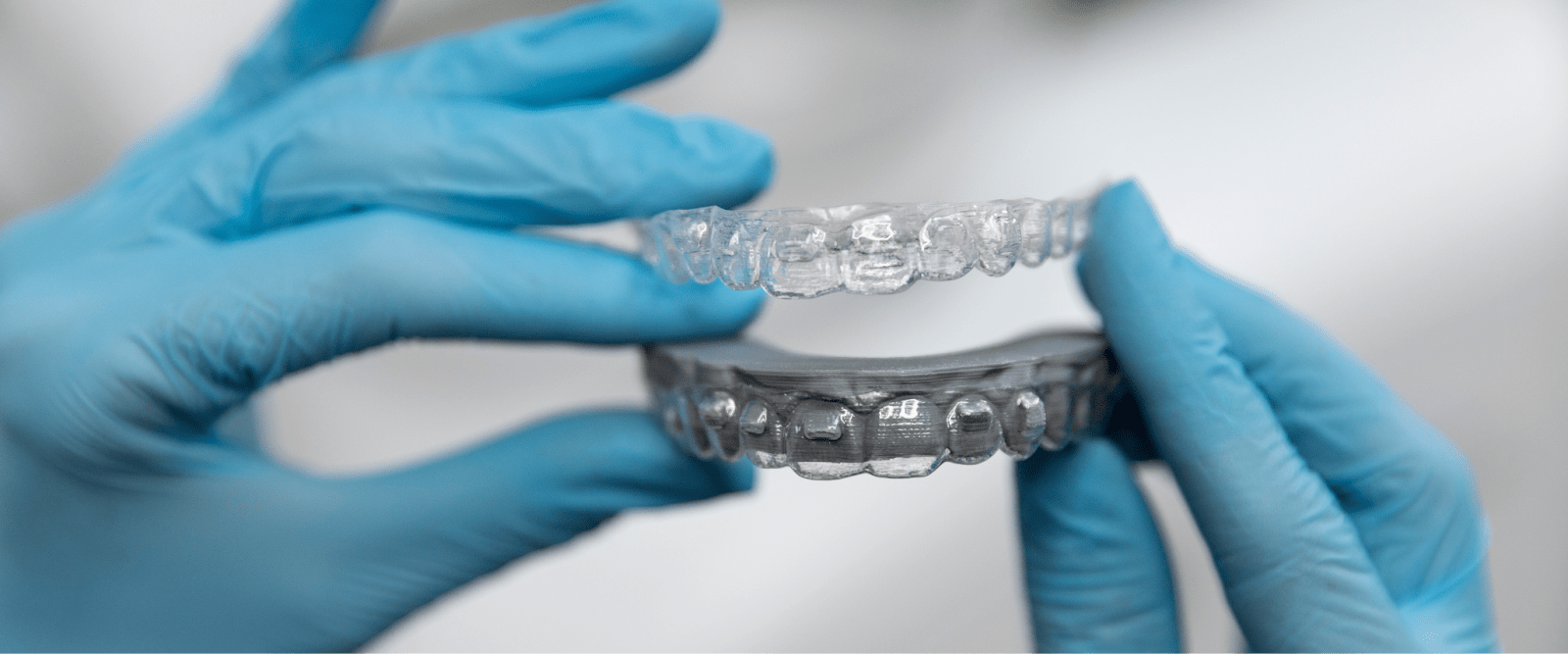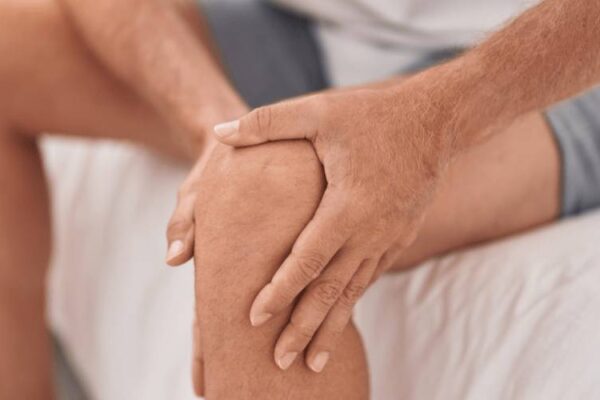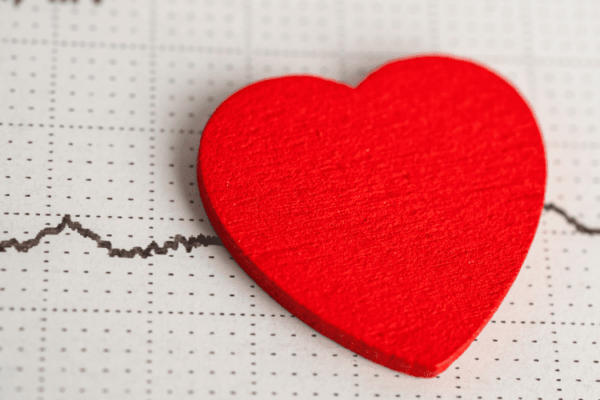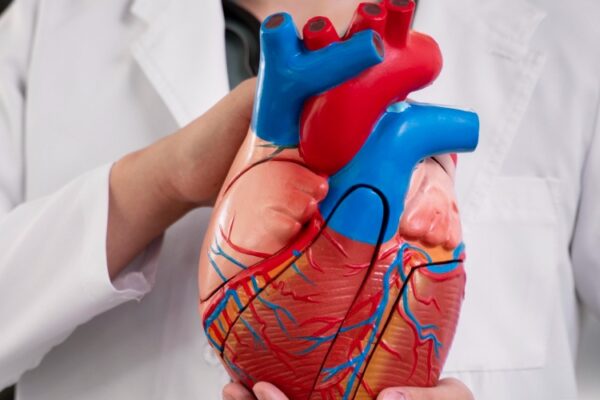
20 May Dental Retainer Price Guide: Maintaining Your Orthodontic Treatment
Dental Retainer Price Guide: Maintaining Your Orthodontic Treatment
By Island Hospital | May 20, 2024 12:00:00 PM
Orthodontic treatment successfully delivers a straighter, healthier smile, boosting your confidence. However, achieving optimal results requires a commitment beyond removing your braces.
Teeth naturally have a tendency to drift back to their original positions, and dental retainers serve as a crucial post-treatment intervention, gently holding your teeth in their newly aligned state.
Understanding dental retainers and their associated costs is essential for optimising your orthodontic treatment outcomes and ensuring long-term dental stability.
This guide provides a comprehensive overview of retainer types and their associated costs, equipping you to make informed decisions for long-term dental health.
What are dental retainers?
Dental retainers are custom-fabricated passive orthodontic appliances worn following teeth braces treatment. This means they are designed to fit your teeth precisely and exert a gentle, continuous force to passively maintain their post-treatment position.
While various retainer types exist, their purpose remains singular: keeping your straightened teeth in place.
Why you should wear your retainer
To safeguard your orthodontic investment, consistent retainer wear is paramount for your teeth. Even after straightening, the surrounding periodontium (gums and bones) and daily functional forces (chewing, bruxism) can potentially shift your teeth back to their original positions through continuous pressure.
Custom-fabricated dental retainers are crucial, particularly during the initial six months following treatment. If left neglected, teeth can relapse, potentially necessitating corrective interventions like a second surgery to correct malocclusion – a misalignment of bite.
Signs of tooth relapse
Negligence with retainer wear can lead to orthodontic relapse, where you’ll notice signs of:
- Pre-existing malocclusions like overbite, potentially impacting chewing efficiency.
- Teeth crowding as they shift back towards their original positions.
Type of retainers
Dental retainers can be broadly categorised into two main types
- Removable retainers (most common)
Worn full-time initially, then primarily at night. Come in clear/pink acrylic with a wire (Hawley) or clear thermoplastic (Essix). - Fixed retainers
Thin wires bonded to the backside of your teeth.
We recommend consulting your orthodontist to identify the ideal retainer option for your individual needs.
Retainer fitting process
The procedure for getting retainers is designed to be comfortable, efficient, and minimally disruptive to your daily routine.
Here’s what you can expect from the different types of retainers you opt:
Removable retainers procedure
The initial step in acquiring retainers involves obtaining an accurate representation of your dental anatomy. Two primary methods are utilised:
- Conventional Impressions: This common technique uses a biocompatible elastomeric material, referred to as impression material, for capturing the intricate details of your teeth and bite. The impression material is placed within a custom-fitted tray and gently pressed onto your teeth, creating a negative mould.
- Digital Impressions: This innovative approach leverages advanced scanning technology. A specialised handheld wand is used to capture a series of high-resolution digital images of your teeth and gums. Sophisticated software then utilises these images to construct a precise three-dimensional model of your oral structures.
Fixed retainers procedure
In specific treatment plans, your orthodontist may advocate for permanent retainers. The placement process involves:
- Precise Wire Positioning: Employing a calibrated instrument, your orthodontist will meticulously determine the optimal wire location to guarantee proper tooth alignment and long-term stability.
- Quick Bonding: Once the ideal placement is established, a specialised resin composite (adhesive, not glue) will be employed to securely bond the wire to your teeth.
Proper care for your retainers
Regular cleaning is crucial for optimal oral health and preventing bacterial buildup on your retainer. Here’s a simple daily routine you can incorporate into your brushing habits:
Removable retainers
1. Remove and rinse
Take your retainer out and rinse it thoroughly with tap water to wash off any debris.
2. Gentle brushing
Using a soft-bristled toothbrush, apply a small amount of toothpaste and gently scrub both the inner and outer surfaces of the retainer to remove the remaining debris.
3. Cleaning hard-to-reach areas
For areas like crevices or clasps, use a cotton swab dipped in the soapy water solution.
You can consider soaking your retainer for a more thorough clean:
-
- Mix a Solution: Combine tap water with either a retainer cleaner (recommended by your orthodontist) or a mild, unscented dish soap (non-abrasive formula) to avoid damaging the retainer.
- Follow Soaking Instructions: Soak your retainer following the recommended time frame.
4. Final Rinse and Storage
Rinse the retainer thoroughly with clean water and pat it dry with a clean cloth before reinserting it or storing it in its dedicated case.
Regularly inspect your retainer for any noticeable buildup. If persistent deposits, seek professional cleaning from your dental care provider to maintain its condition.
Fixed retainers
Fixed retainers require a slightly adjusted routine:
1. Floss threading
As fixed retainers are irremovable, a floss threader helps you to manoeuvre floss under your retainer for effective cleaning.
2. Angled Brushing
Use a soft brush vertically and horizontally to remove plaque and food particles.
These techniques become routine with practice, keeping your smile clean and healthy.
Dental retainers price
The average cost of dental retainers in Malaysia varies depending on the type and dental clinic you choose. Here’s a general idea for teeth retainers in Malaysia:
- Removable retainers: RM300-RM600 per set.
- Permanent retainers: RM300-RM1000 per arch
Factors influencing dental retainer costs
While dental retainers play a crucial role in maintaining your post-treatment smile, their associated costs can vary. Here’s a breakdown of the primary considerations for informed decision-making:
1. Retainer type
The type of retainer affects the price in a few ways in terms of materials and its durability:
| Feature | Hawley Retainers | Essix Retainers | Fixed Retainers |
|---|---|---|---|
| Type | Removable | Removable | Bonded |
| Material | Acrylic, metal wire | Clear thermoplastics | Metal wire |
| Durability | Durable | Durable | Very durable |
| Affordability | Affordable | Affordable | Variable |
| Pros | |||
| Cons |
2. Geographic location
Costs tend to fluctuate geographically. Urban areas with a higher cost of living may have more expensive dental services, including retainers.
3. Dental Professional
Prices might differ between dentists and orthodontists. While both can provide retainers, orthodontists specialise in tooth alignment and may charge slightly more due to their expertise.
4. Number of Retainers
Throughout your treatment, you might require more than one set of retainers. Similarly, replacement retainers due to damage or loss will incur additional costs.
5. Additional Considerations
-
- Dental Insurance: Some dental insurance plans offer partial coverage for retainers. It’s advisable to check with your provider to determine if coverage applies.
- Experience of the Dentist/Orthodontist: More experienced practitioners may have slightly higher fees, but also potentially offer a higher quality of service and expertise in selecting the optimal retainer type for your needs.
Unlock Your Oral Health at Island Hospital
Dental retainers are an essential part of preventing relapse and ensuring the longevity of your orthodontic treatment.
Understanding the importance of wearing dental retainers and their associated costs is crucial as there’s no one-size-fits-all.
By proactively incorporating retainers into your post-treatment plan, you can safeguard your investment in a healthy, aesthetically pleasing smile, and maintain the confidence associated with a well-aligned dentition.
Island Hospital has personalised care of dental professionals to support you on your path to a healthier, more confident smile.
Our dental team offers comprehensive dental care for everyone, including personalised dental screenings for all ages – from children to seniors.
Prioritise your comfort throughout your dental journey by scheduling an appointment with us today.
Should any inquiries or concerns arise, feel free to contact us; our team is available to address your questions and provide expert guidance throughout this process.
FAQ
What’s the lifespan of dental retainers?
The lifespan of your dental retainers depends on two main factors: the type of retainer and how well you care for them.
Removable retainers generally last anywhere from 2 to 10 years with proper care while fixed retainers can potentially last for decades if maintained well.
Factors that can affect the lifespan of your retainers include:
- Care: Good cleaning habits and gentle handling will extend the lifespan of both removable and fixed retainers.
- Material: Removable retainers made of sturdier materials like Essix plastic may last longer than those made of thinner plastics.
- Wear and tear: Do not chew on your retainers or clench your teeth as it puts stress on them and leads to cracks or breakage.
Here are some signs that your retainer might need replacing:
- Discoloration that doesn’t go away with cleaning
- Cracks or warping
- Loose fit
- It feels uncomfortable
Are there risks to dental retainers?
While dental retainers are generally safe, there are some potential risks to be aware of:
- Discomfort and irritation: Ill-fitting or damaged retainers can rub against your gums or tongue, causing irritation and sores.
- Speech impediment: Especially when you first get them, retainers can cause slight lisping or difficulty speaking clearly. This usually goes away with practice.
- Increased risk of cavities: Retainers worn while eating or drinking sugary beverages can trap food particles and sugars against the teeth, promoting dental caries (cavities). Patients should be instructed to remove retainers before consuming anything but water.
- Gum inflammation: Poor retainer hygiene promotes plaque buildup, leading to gingivitis (gum inflammation).
Should I throw away my retainers if they have discoloration?
Discoloration on your retainers doesn’t necessarily mean you have to throw them away. It usually means they need a good cleaning. Here’s what you can do:
- Try cleaning them
You can brush them gently with a soft toothbrush and mild soap or soak them in a solution of water and either hydrogen peroxide or white vinegar. Make sure to dilute them properly with water first – equal parts solution and water is a good ratio. - See if the discolouration persists
If the discolouration remains after cleaning, especially if it looks deep-seated or damaged, then it might be time to consult your dentist. They can assess the retainers and advise you on whether they need replacing.
Even if you can clean the discolouration, retainers are meant to be replaced every few years due to normal wear and tear. If your retainers are old and uncomfortable, a new pair might be a good idea regardless of discolouration.
Are retainer cleaning tablets safe?
Retainer cleaning tablets can be safe for cleaning your retainers, but there are some things to consider:
- Potential Allergic Reactions: Many retainer cleaning tablets contain persulfate, a known allergen which can cause irritation, canker sores, or other allergic reactions in some people.
- Follow Instructions Carefully: Improper use, like exceeding soaking time, can damage your retainer, especially those with metal parts.
- Consider Persulfate-Free Alternatives especially if you have concerns about allergies.
It is best to consult your dentist for the best cleaning method for your retainers.













